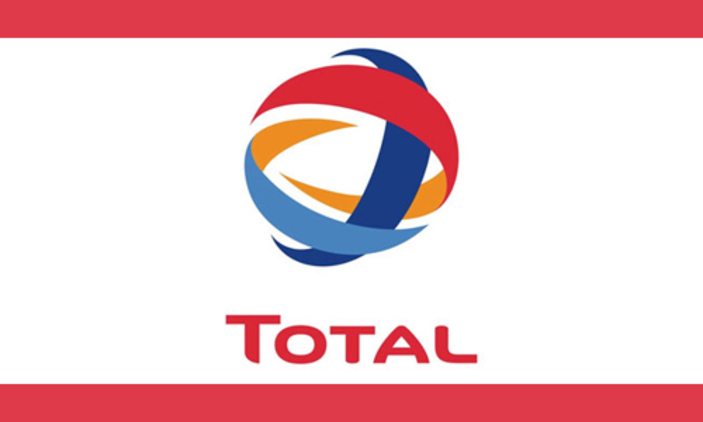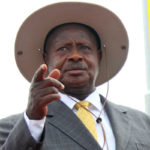French oil and gas firm Total which has operations in Uganda said its net profit for the first three months of 2018 went down 4 percent to US$2.8 billion compared with a year ago due to volatile oil prices and debt costs, despite record oil and gas output.
Total stayed its investments, and cost savings target for the year unchanged, and said production growth should exceed 9 percent during the year, due to the ramp-up of projects started in 2018, and the start-ups of others in Angola, Brazil, Britain and Norway.
The firm said it would take advantage of the low cost environment to launch further projects in Brazil, Uganda and Russia.
Total shares were a touch down 0.4 in early session trading, with the stock up nearly 10 percent so far in 2019.
“A decent start to the year,” wrote analysts at RBC Capital Markets on Total’s results, as they kept an “outperform” rating on the stock.
Total’s adjusted net profit, which was down for the first time since the fourth quarter of 2016, was hit by lower oil prices, with the Brent price averaging $63 per barrel in the January to March period, down 6 percent year-on-year.
It said the adjusted net profit was nevertheless slightly above average analysts’ forecast of US$2.7 billion, while Total also raised its dividend.
Natural gas prices slumped in Europe by 11 percent, and in Asia by 30 percent, Total said.
The company said an increase in the net cost of its net debt compared with last year, mainly due to the rise in U.S. dollar interest rates, had also weighed on its profits.
Its refining margin was also volatile during the quarter, the company said.
“Total’s balance sheet is strong, with gearing below 20 percent, in line with the objective,” said chairman and chief executive of the company Patrick Pouyanne.
Figures show that total’s cash flow after organic investments rose 18 percent year-on-year to $3.2 billion thanks to strong operational performance and spending discipline. Its so-called organic pre-dividend cash breakeven was less than $25 per barrel.
Oil and gas output reached a record level in the quarter at 2.95 million barrels of oil equivalent per day (Mboe/d), up 9 percent year-on-year.
Total increased its first interim dividend for 2019 by 3.1 percent to 0.66 euros ($0.7350) per share, and it also bought back shares during the quarter.
The French group said it would maintain discipline on spending in 2019 and it kept its net investment target at US$15 to US$16 billion, and cost savings at $4.7 billion.
Since the start of the second quarter, the Brent oil price has traded at around $70 per barrel with disruptions in Venezuela, uncertainty in Libya and compliance with OPEC production quotas providing some support to the price.
Nevertheless, Total said the environment remained challenging.
“The environment remains volatile, however, with uncertainty around the evolution of non-OPEC supply and the impact of global economic growth on demand,” said Total.








